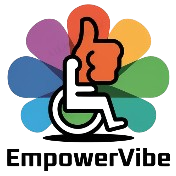“Effective Treatment Options for Locomotor Disability in Cerebral Palsy”
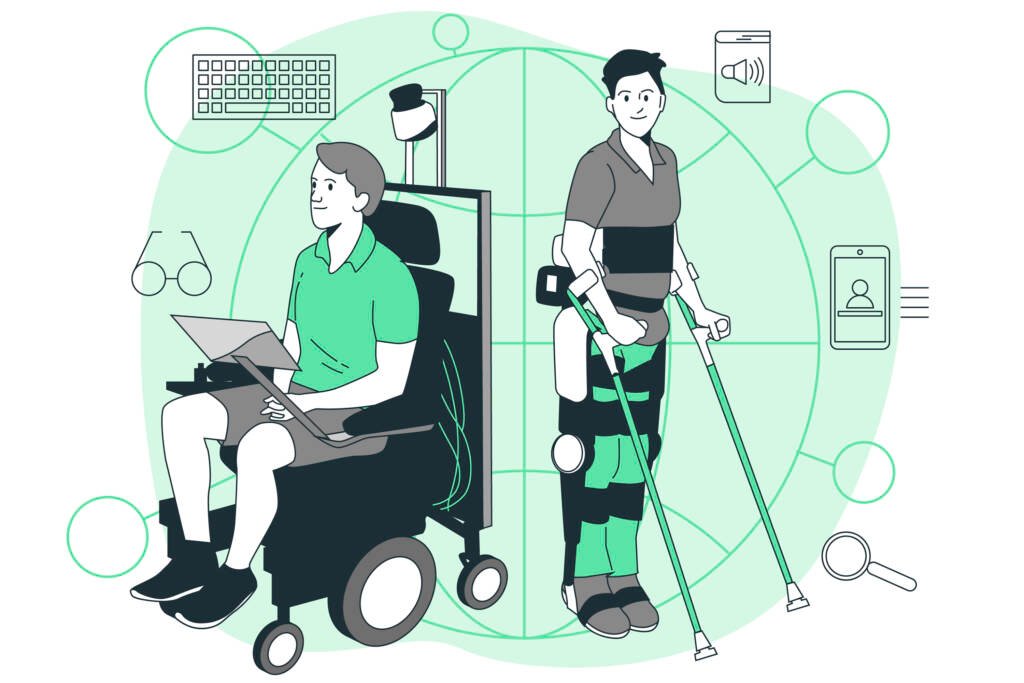
Locomotor disability is a type of disability that can occur either at birth or later in life.
In most cases, it is difficult to completely cure this condition.
However, there are several ways to manage and control its effects, helping individuals lead a better life.
What is Locomotor Disability?
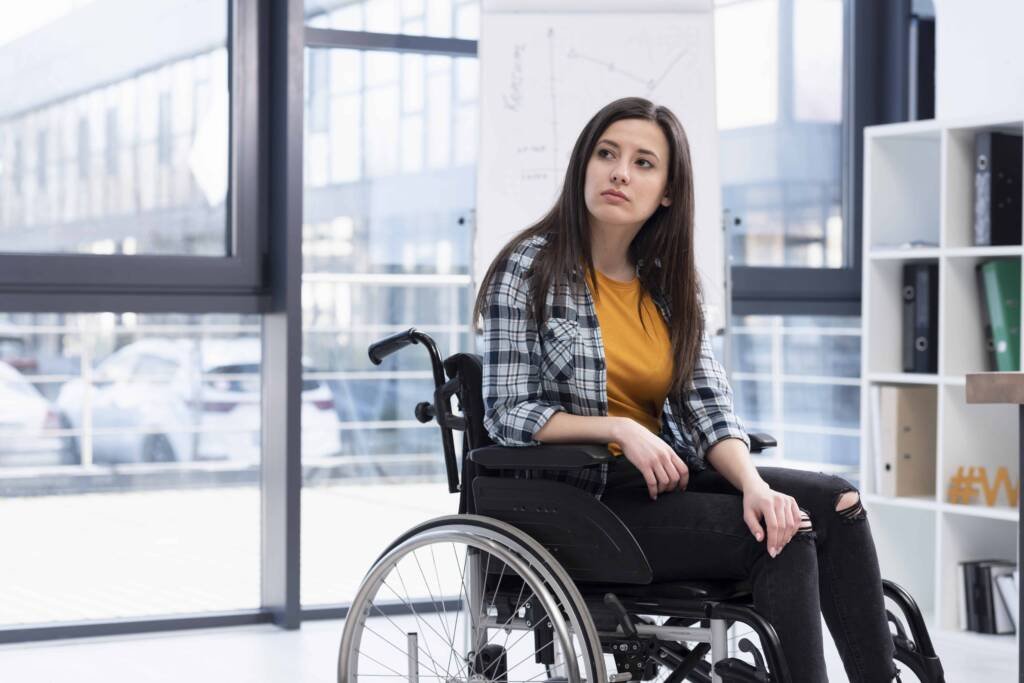
When we think about moving around, it feels so natural that we often don’t even notice it.
But for people with cerebral palsy, movement can be a daily struggle.
Locomotor disability linked to cerebral palsy can affect a person’s ability to move, their independence, and even their social life.
The good news is that with the right care and support, individuals with cerebral palsy can face these challenges and live happy, meaningful lives.
In this blog, we’ll talk about what causes this disability, how it affects people, and the treatments that can make a difference.
Together, let’s learn how we can help those with cerebral palsy take steps toward a brighter and better future.
Types of Locomotor Disability
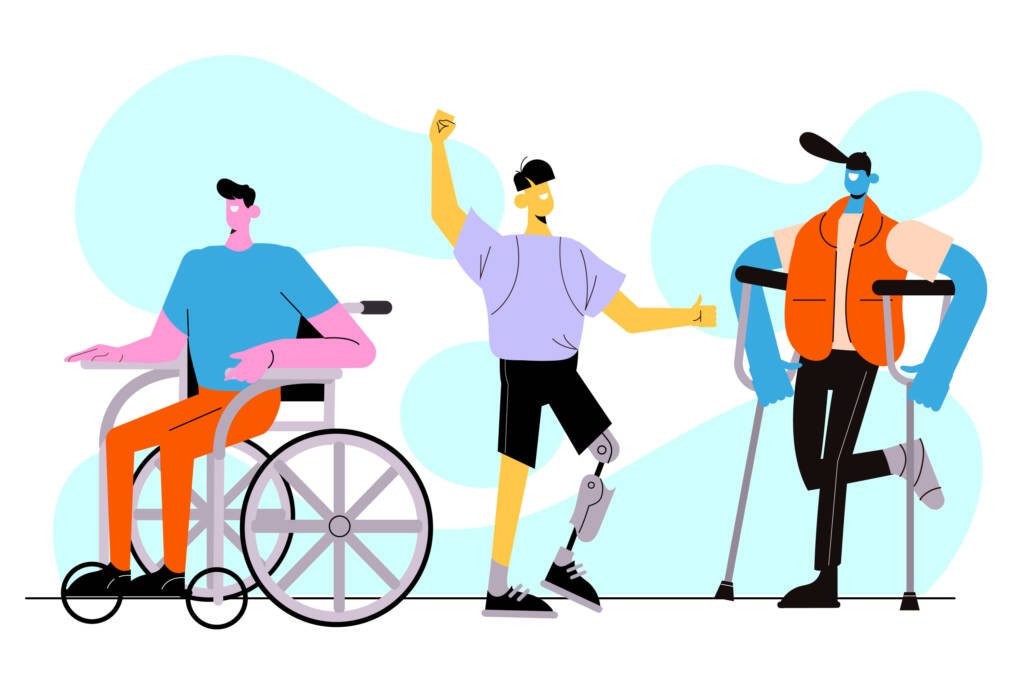
- Muscular Dystrophy: A condition passed down in families that causes muscles to become weak over time, making it harder to move.
- Cerebral Palsy: Damage to a child’s developing brain can make it difficult for them to move. It can also sometimes cause problems with vision or speech.
- Multiple Sclerosis: A condition where the body attacks its own nerves, leading to weak muscles and trouble moving.
- Parkinson’s Disease: A disease that slowly affects the brain, making it harder to balance, move, and control your body.
- Arthritis: Painful swelling in the joints that makes it hard to move freely.
- Spinal Cord Injuries: Damage to the spinal cord can cause partial or complete loss of movement.
- Dwarfism: Some people are born with shorter bones due to genetics or hormonal issues, which can sometimes make movement difficult.
Even though these conditions can be challenging, with the right care, support, and understanding, people with these disabilities can lead meaningful and fulfilling lives.
What are the Causes of Locomotor Disability?
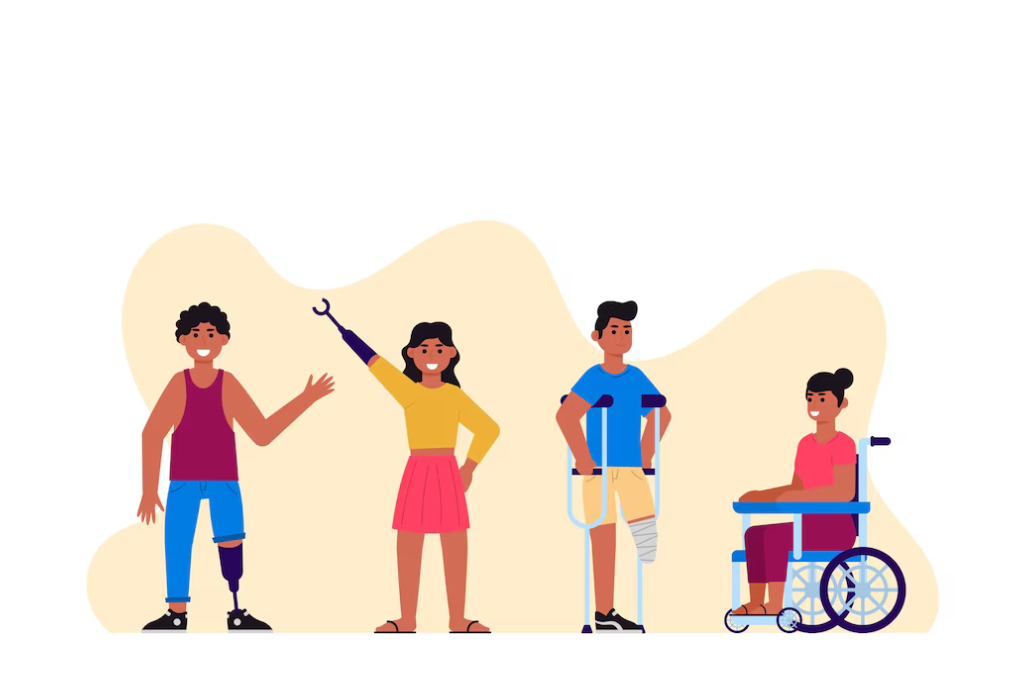
There are many reasons why locomotor disability related to cerebral palsy can develop.
In most cases, the damage happens during pregnancy or childbirth, but it can also occur in the first few years of life.
- Lack of Oxygen to the Brain During Birth: If there are complications during delivery and the baby doesn’t get enough oxygen, it can damage the brain.
- This can affect the part of the brain that controls movement, leading to locomotor disability.
- Infections During Pregnancy: Certain infections like rubella or cytomegalovirus during pregnancy can harm the baby’s developing brain, increasing the risk of cerebral palsy and locomotor disability.
- Genetic Factors: Cerebral palsy is not usually inherited, but some genetic changes can increase the chances of developing it.
- Traumatic Brain Injury: A severe head injury, like one caused by a fall or car accident, can damage the brain and lead to locomotor disability.
- Maternal Health Issues: Health problems in the mother, such as high blood pressure, diabetes, or thyroid disease, can increase the chances of the baby developing a disability.
Understanding these causes can help us take steps to prevent or manage locomotor disabilities, giving individuals the best chance for a happy and healthy life.
Locomotor Disability and Cerebral Palsy
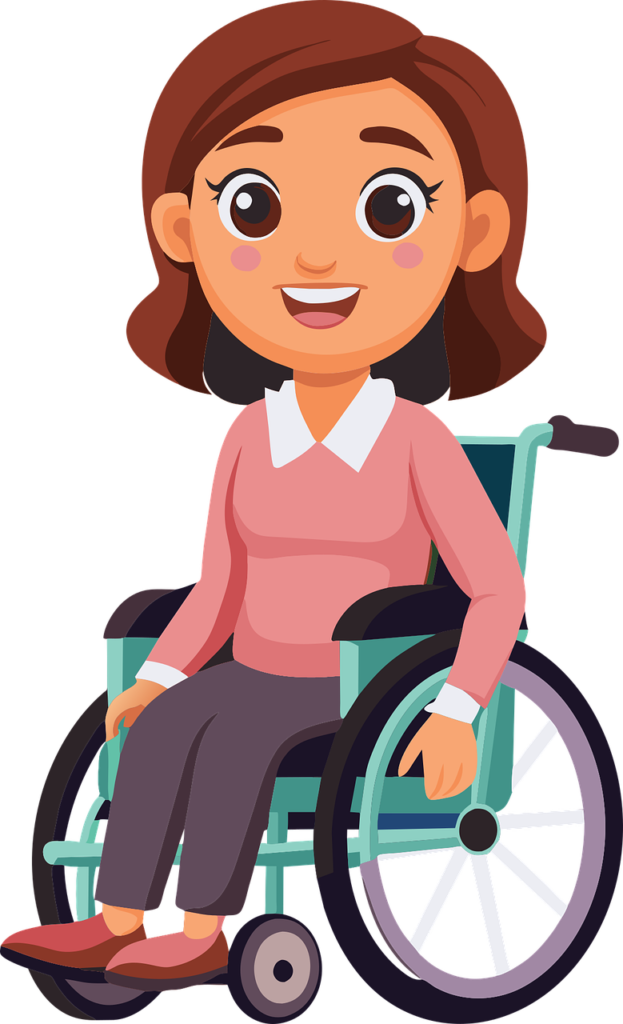
Locomotor disability caused by cerebral palsy can have a big impact on a person’s life. The degree of disability can be different for each person, depending on how severe their cerebral palsy is. Here are some ways it can affect a person:
-
- Mobility: Locomotor disability can make it hard for someone to move around or do everyday things. They might need help with tasks like walking, standing, or getting in and out of a chair.
- Independence: This disability can also make it harder for someone to live on their own or do daily activities without help.
- Communication: Many people with cerebral palsy have trouble with speech and communication. This can make it hard for them to express their needs or talk to others.
- Social Life: Locomotor disability can make it harder for people to join in social activities, which might lead to feelings of being isolated or lonely.
- Employment: People with cerebral palsy and related locomotor disability might face challenges finding work, due to physical limitations or even discrimination.
- Mental Health: The effects of locomotor disability can also affect mental health, leading to feelings of frustration, anxiety, and depression.
What are the Available Treatment Options for Locomotor Disability?
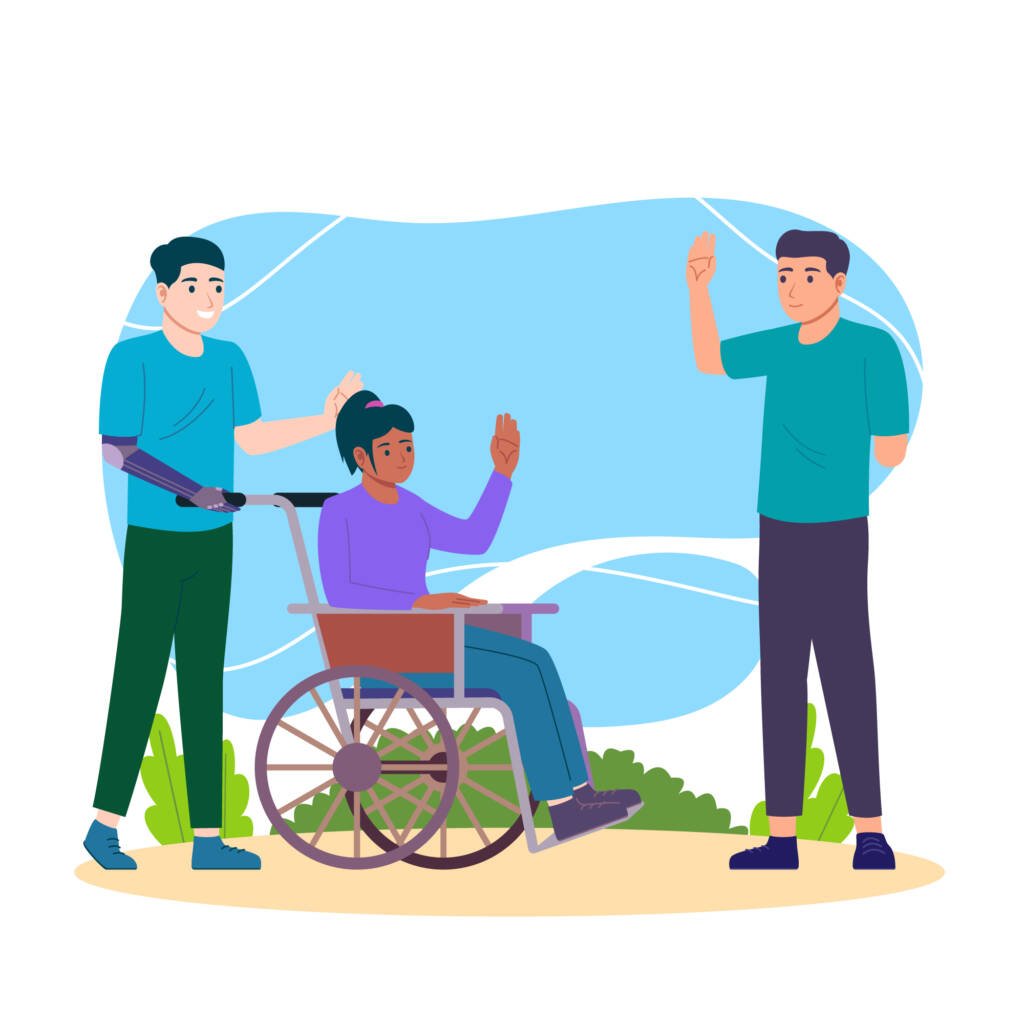
Locomotor Disability While there is no cure for cerebral palsy, there are several treatments that can help manage the symptoms of locomotor disability.
These treatments can make it easier for individuals to move, stay active, and improve their quality of life.
Here are some common treatment options:
- Physical Therapy: This helps improve strength, coordination, and mobility through exercises and stretching. It can help people with cerebral palsy move better and reduce the risk of complications, like tight joints.
- Assistive Devices: Tools you can buy and use like braces, walkers, and wheelchairs can help people move around more easily and independently, improving their daily life.
- Medications: Some medications, like muscle relaxants and anti-spasticity drugs, help reduce muscle stiffness and spasticity, making it easier for people to move.
- Surgery: In certain cases, surgery may be needed to fix joint problems or to improve mobility.
- Stem Cell Therapy: This newer treatment involves using stem cells to help repair damaged tissues and improve mobility. Stem cells are injected into the affected area, where they help reduce spasticity and improve movement. It has shown to improve motor skills and the overall quality of life for some people with cerebral palsy.
These treatments can make a big difference in managing locomotor disability, helping individuals lead more active and fulfilling lives.
“How to Support Individuals with Locomotor Disability”
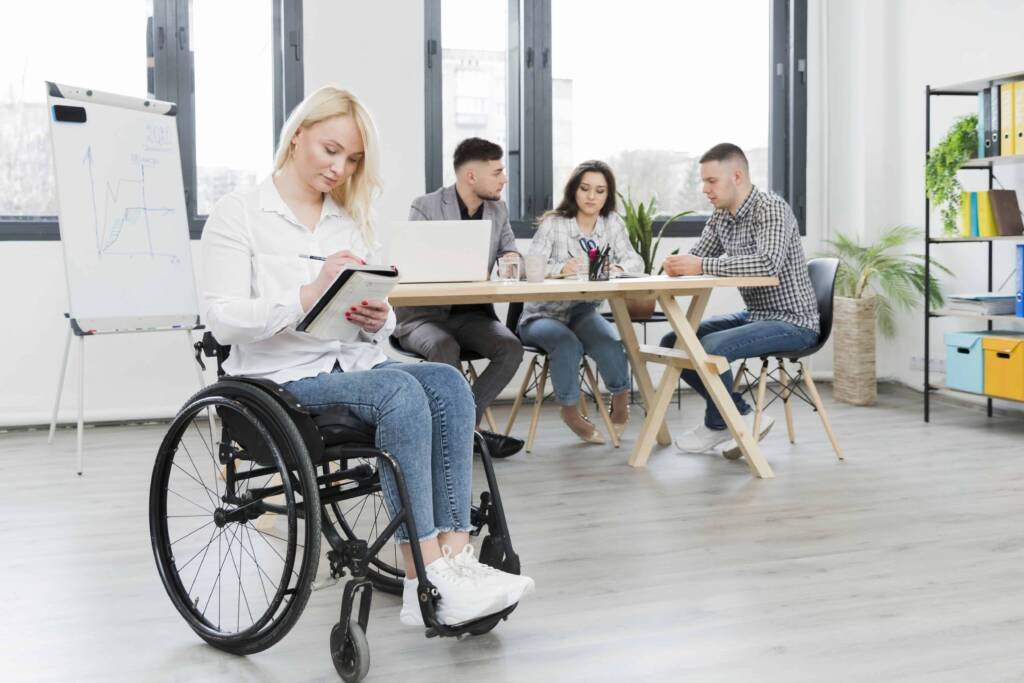
empowervibe.com - Keep Going: Every small step you take is a big win—don’t give up.
- You’re Not Alone: Friends, family, and caring people are here to support you.
- We’re Here to Help: Tools, therapies, and support can make things easier for you.
- Celebrate Every Step: Even the smallest progress is worth celebrating—be proud of yourself.
- Stay Positive: Believe in yourself; you are stronger than you think and can overcome challenges.
